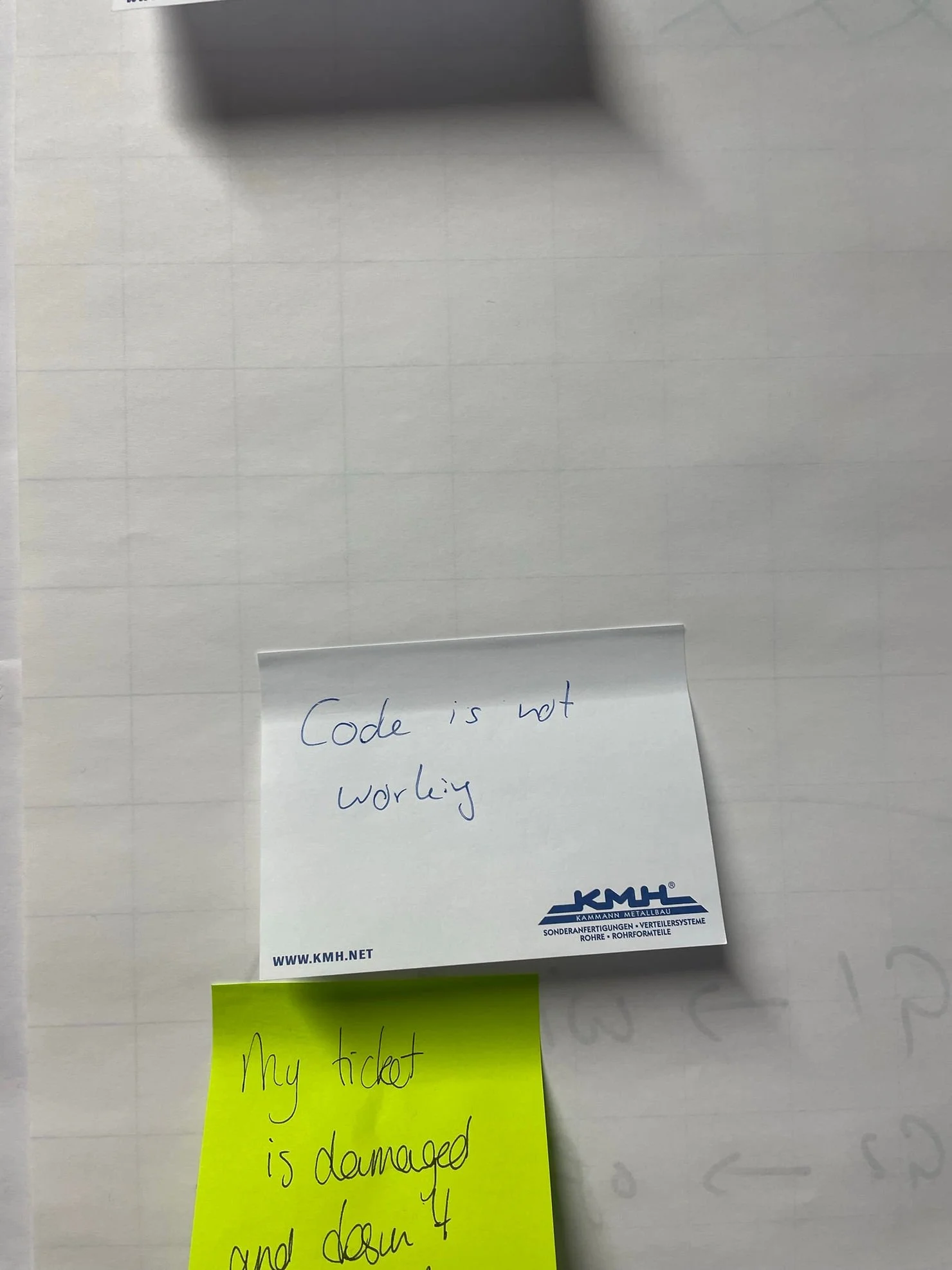Mr X-Gate: The Cost of Kindness in Business Decisions
Let me tell you a story. It's not about betrayal or drama or anything wild, really. It's about kindness, loyalty, emotional instinct—and what happens when all of that collides with reality. I call it Roland-Gate.
A few months ago, I was working with Company B. They had a couple of major projects that were in full-on panic mode—one Nordic country and one EU Founding Member State, if you’re curious. I came in to stabilise things, and during that time, I met X.
X was already in the team, struggling under the weight of responsibilities he hadn’t been trained or prepared for. Not a bad person. In fact, quite the opposite—X is gentle, organised, kind, structured. The kind of person everyone likes instantly. But he was a fish out of water in a high-pressure programme manager role that required technical depth he simply didn’t have.
So I stepped in—not just to help the project, but to help X too. I coached him gently, filled his knowledge gaps, kept him afloat. When I left Company B, I knew what was coming. The company was phasing out project managers altogether, and X, despite his loyalty, was let go. He was gutted.
I stayed in touch with him, checking in weekly, trying to cushion the blow and reassure him it wasn’t personal. Because honestly? It wasn’t. He was just in the wrong role in a company that didn’t value what he could offer.
Fast-forward to now. I’m running my own company, juggling a thousand things and trying not to drown in the endless flow of emails, invoices, tasks, reports, and structure that somehow always falls through the cracks. And I thought of X.
Wouldn’t it be great, I thought, to bring him in? To give him meaningful work, structure, a bit of income, and—if I’m really honest—to throw him a lifeline. He needed it. And I wanted to be the person to give it.
So I pitched him the idea. A support role, helping me stay organised, flagging the stuff I miss, tidying my digital mess, making my systems hum. Not glamorous, but important. X was thrilled. Until we got to the day rate.
He proposed a number that was significantly higher than what I’d expected. I had already been stretching to make the role viable in my own mind—emotionally, not financially. But when he came in with his figure, I realised I’d stepped into dangerous territory.
This wasn’t a senior leadership position. It wasn’t billable client work. It was, frankly, a very necessary admin support role. And yet I was ready to overpay—way overpay—because I wanted to help.
And that’s when I stopped myself. Because this wasn’t just about money. It was about emotional logic taking the wheel.
I realised I was about to give away a large chunk of my company’s income in exchange for... maybe some structure, maybe some saved time, maybe some peace of mind. But also maybe a lot of hand-holding, onboarding, and emotional labour. I wasn’t buying efficiency. I was buying hope.
So I stepped back. Took a breath. And I told him the truth.
That I couldn’t justify the rate. That the role didn’t match the value. That even my initial offer had been emotional, not strategic. And that while I wanted to help him, I had to make decisions that were sustainable.
He took it with grace. Of course he did—he’s X. He thanked me, said he understood, and left the door open for the future.
And I’m writing this now not because I regret it—but because I nearly made a decision that would have cost me far more than money.
It would’ve cost me clarity. Boundaries. Confidence. And I’m learning that kindness without limits doesn’t make you generous. It makes you vulnerable to burnout.
So if you’ve ever been tempted to say yes to something that didn’t make sense just because your heart wanted to help—pause. Take a beat. Check the numbers. And remember: business decisions need more than good intentions. They need alignment.
Thanks for listening to the story of X-Gate
